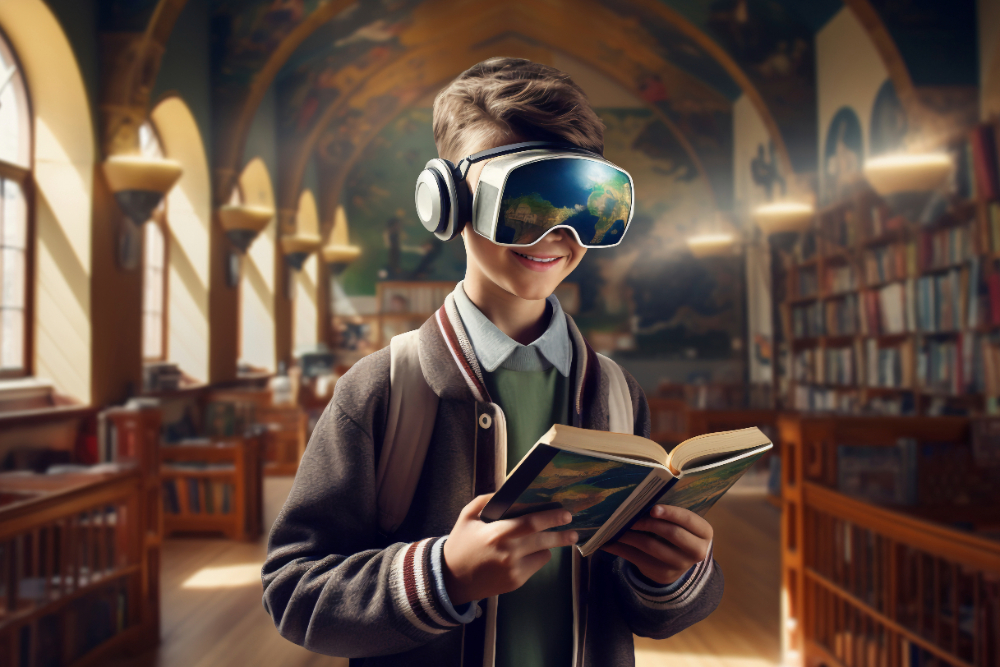The world of education is rapidly evolving, largely due to advancements in technology. In the past decade, we have seen significant changes in how learning is delivered and experienced, largely driven by digital tools and innovative educational technologies. The future of education promises even more exciting transformations, with technology continuing to play a pivotal role in reshaping the landscape.
One of the most significant advancements is the rise of online learning platforms. These platforms allow students to access courses and resources from anywhere in the world, breaking down traditional barriers to education like geographic location and physical classroom constraints. From massive open online courses (MOOCs) to virtual universities, the internet has democratized education, making learning more accessible than ever before.
Artificial Intelligence (AI) is another game-changer in education. AI-powered tools can provide personalized learning experiences, adapting to the needs and progress of individual students. This means that students can learn at their own pace, with resources tailored to their strengths and areas for improvement. For teachers, AI can automate administrative tasks, such as grading, allowing them more time to focus on teaching and student engagement.
Another major shift is the integration of interactive and immersive technologies like virtual reality (VR) and augmented reality (AR). These technologies allow students to experience learning in ways that were once impossible. For instance, history students can take virtual tours of ancient civilizations, while medical students can practice surgeries in virtual environments. These immersive experiences can enhance learning by providing hands-on, real-world applications of abstract concepts.
Collaborative tools like video conferencing, discussion forums, and cloud-based document sharing have also transformed the way students interact with teachers and peers. These tools facilitate global learning communities, enabling students to collaborate across borders and gain diverse perspectives, further enhancing the learning experience.
Looking ahead, the future of education will likely include even more integration of AI, machine learning, and personalized learning experiences. As technology continues to evolve, we can expect more interactive, engaging, and accessible educational opportunities for students around the world.

